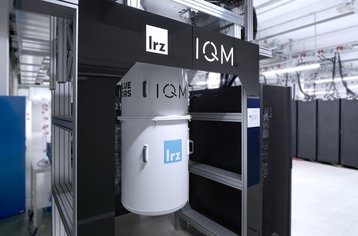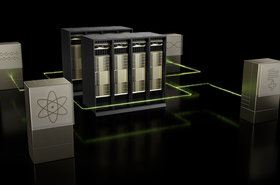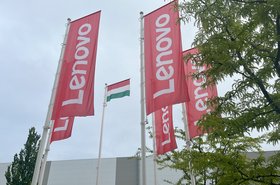A consortium led by IQM Quantum Computers has integrated a 20-qubit quantum computer into the SuperMUC-NG supercomputer at the Leibniz Supercomputing Centre (LRZ) in Germany.
The system was deployed in collaboration with LRZ and the Q-Exa consortium, which also includes Eviden and HQS Quantum Simulation. It is the first hybrid quantum computer to be launched in Germany.
Launched in September 2018, the SuperMUC-NG is capable of 26.9 petaflops and is used by researchers in the physics, chemistry, life sciences, geography, climate research, and engineering fields.
SuperMUC-NG ranked eighth in the biannual Top500 list of the world’s fastest supercomputers when it was first launched, but slipped down to 50th in the most recent edition of the list.
The supercomputer has been integrated with a 20-qubit quantum processor unit from IQM which is based on superconducting circuit technology, with the hybrid system expected to be available to a select group of researchers in the near future.
“Bringing quantum-accelerated supercomputing to researchers as a powerful tool for their work is very satisfying,” said Laura Schulz, head of quantum computing and technologies at LRZ.
“Q-Exa shows how, in collaboration with strong partners, we can merge a paradigm-shifting technology like quantum into our existing computing infrastructure, so our users get the best of both worlds: pure innovation and the stability, robustness, and hard-won advancements in HPC.”
First established in 2022, the Q-Exa consortium was born out of the ‘Quantum Computer Extension for Exascale HPC’ project, a government-funded initiative that was awarded €40 million ($43m) by the German Federal Ministry of Education and Research (BMBF).
The project’s aim was to connect quantum processing units based on superconducting circuits to a supercomputer and to develop interfaces and control tools to support the technology.
In March 2024, IQM launched IQM Resonance, a quantum cloud service that provides access to its quantum machines and systems, allowing developers and scientists to plan, develop, test, and benchmark their quantum algorithms.







